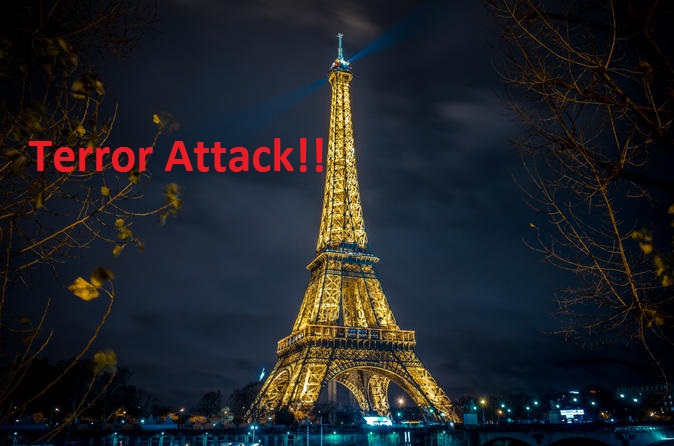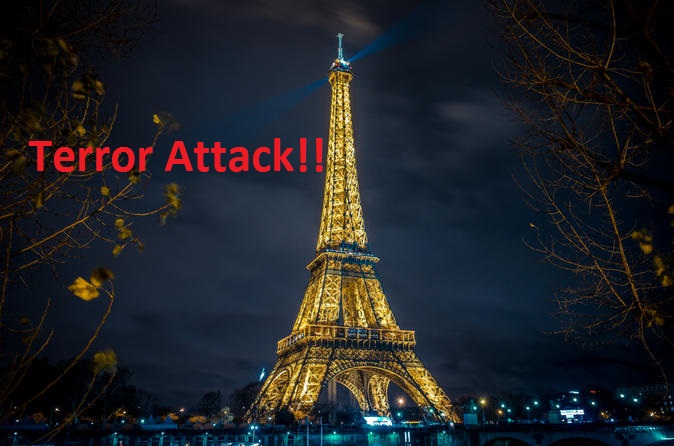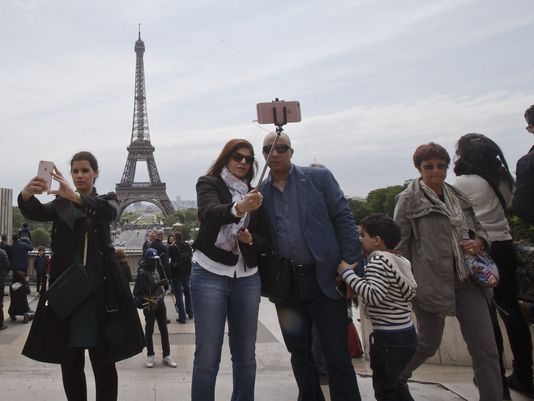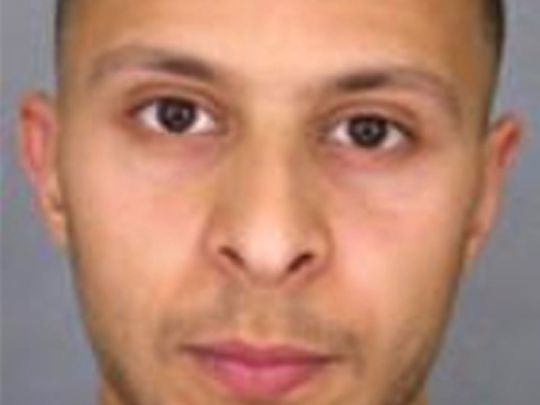Paris still struggling 6 months after ‘Black Friday’ terror attacks

PARIS — The winding cobblestone streets of Paris' swanky Le Marais district usually bustle with tourists this time of year, but its trendy bars, bistros and boutiques are uncommonly quiet.
"Normally whether it's cold or warm, whether it's sunny or rainy, there are lots of people here," said Cyrille Semama, owner of a women's clothing store in the neighborhood. "Our shop is in a tourist area, but we don't see many tourists. … It should not be like this," he added, gesturing to the nearly deserted streets.
It's a common story across Paris as the city struggles to recover six months after "Black Friday" — as the Nov. 13 terror attacks that killed 130 people are called here.
Paris was also dealt a blow after the March 22 suicide bombings in neighboring Brussels. And Thursday's crash of an EgyptAir flight that took off from Paris' Charles de Gaulle airport for Cairo raised concerns about possible terrorism.
The most visible change here is the strong presence of police and the military around tourist centers and strategic areas, as well as the lack of crowds in certain districts, venues and streets. The patrols help give tourists who do visit a sense of security.
Hotel bookings have recovered slightly from the 24% drop just after the attacks to an 8% drop in mid-March, compared to the same periods in 2015, said Thomas Deschamps, tourism statistics manager at the Paris Tourism Office.
But tourists are still reluctant. The French Parliament last week approved another two-month extension of a state of emergency, which Deschamps said may "give a false impression of reality and make some believe that there is a real emergency, maybe even a curfew … that it is a war zone."
Tourists are not the only ones shying away from this city's vibrant nightlife. Some Parisians shun evening shows, because memories of the attack on the Bataclan concert hall in November are still strong.
"We count some 10% or 15% of the population who won't set foot in a concert hall," said Pierre-Alexandre Vertadier, president of music label Decibels Productions. "Since the attacks hit a performance site, many now suffer from a phobia. They fear finding themselves in such venues."
French government and security forces are also gearing up for the crowds in June and July for the Euro 2016 soccer tournament to be held in Paris and nine other cities. The opening and final matches will be held in Stade de France — one of the targets of the Nov. 13 attacks.
The added security and the continuing state of emergency test the limits of police already exhausted from overtime and ill-equipped to deal with new terror attacks. "Today the police are tired, they are worn out, they are disillusioned, said Yves Lefebvre, a police union leader. "Some policemen are deployed 22 hours in a row because of the state of emergency."
Meanwhile Parisians and others are watching the case of Salah Abdeslam, the last known survivor of the team that carried out the November attacks. In a court appearance Friday, the Belgian-born French national refused to answer questions by judges and complained about 24-hour surveillance cameras in his maximum-security cell, according to his lawyer, Frank Berton.
Abdeslam, 26, was extradited to France after being arrested in Belgium in March and had said he wanted to explain his role in the attacks. Berton said he hopes his client would decide to talk soon.
"The trial is meant to explain things, otherwise we just put up the guillotine," Berton said in an interview on French TV. "We need a trial for the victims, for himself. We must hear what he has to say, we must listen to him."
For Nathalie Mia, a Parisian who works at a bistro near the Bataclan, where 89 people died on the night of the attacks, his explanation will not provide solace.
"He killed many people," she said. "What will (the trial) change? It won't bring back any of them."
Политика конфиденциальности | Правила пользования сайтом










